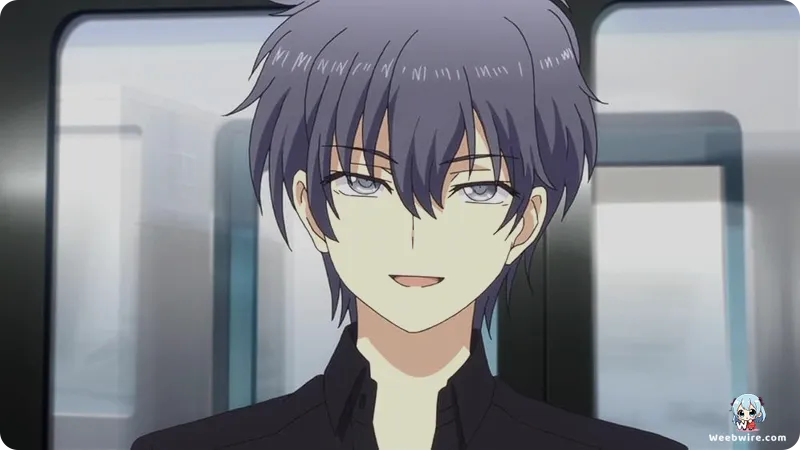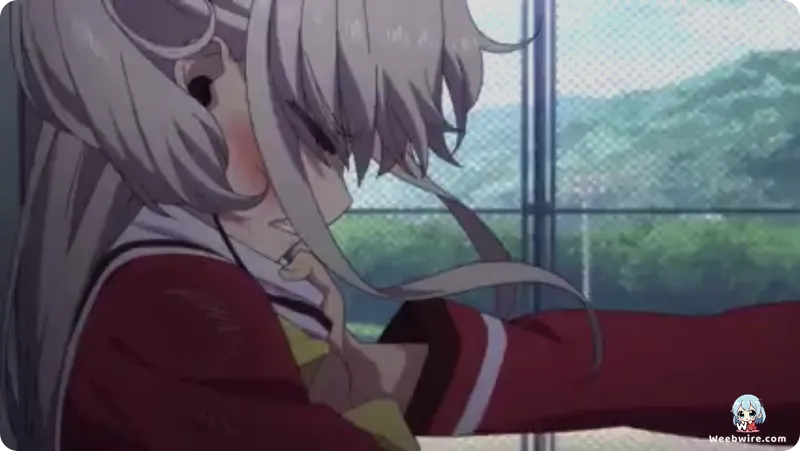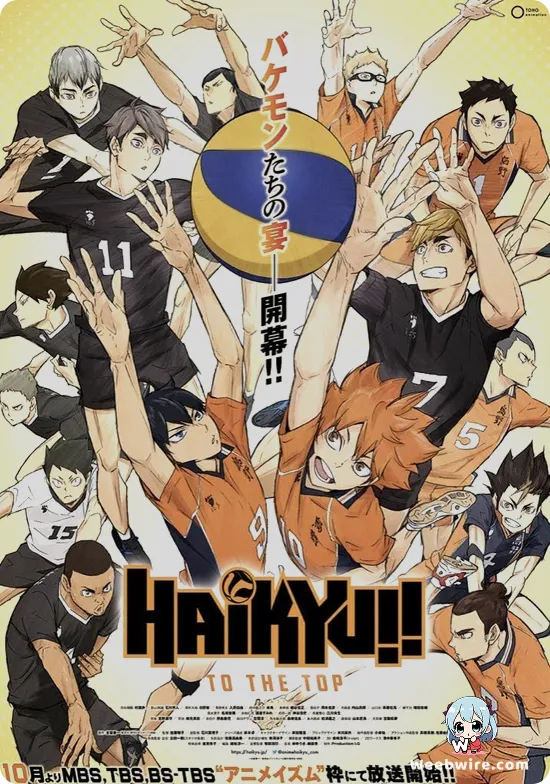Charlotte: Unveiling the Supernatural Drama's Hidden Depths and Enduring Impact

Seven years after the critical triumph of "Angel Beats!", the creative powerhouses Key, P.A.WORKS, and Aniplex reunited in 2015 to deliver another emotionally resonant supernatural drama: "Charlotte." Penned by the legendary Jun Maeda, celebrated for his masterful storytelling in "Clannad" and "Angel Beats!", "Charlotte" swiftly captured audiences with its compelling premise, unforgettable characters, and signature fusion of comedy, romance, and poignant drama. Beyond its dramatic narrative twists and iconic soundtrack, a wealth of intriguing facts and production insights offer a deeper appreciation for this distinctive series.
The Nature of Abilities
At the core of "Charlotte" is its innovative approach to supernatural abilities. Unlike many anime where powers are absolute, the abilities here are inherently flawed and temporary, manifesting exclusively in adolescents. This crucial detail underpins much of the series' conflict. Protagonist Yuu Otosaka's initial ability to possess someone for five seconds, for instance, comes with the significant drawback of rendering his own body unconscious. Similarly, Nao Tomori's invisibility is effective only for one person, leaving her visible to others. These limitations emphasize themes of imperfection and the challenges of growing up with extraordinary, yet incomplete, gifts.
Maeda's Musical Touch
Jun Maeda's influence extends beyond story and screenplay; he also composed the anime's primary musical score, a hallmark of his projects ensuring seamless narrative and auditory integration. The soundtrack, especially contributions from the fictional bands ZHIEND and How-Low-Hello, is vital. ZHIEND's post-rock sound, performed by 'sings the band', aids Yuu, while Marina provides vocals for How-Low-Hello. The music isn't just background; it's a character itself, deeply woven into Yuu's emotional journey.

The Dramatic Tone Shift
A defining, and often debated, aspect is the dramatic mid-series tone shift. What begins as a lighthearted exploration transforms into a darker, more intense narrative the "One-Eyed Reaper" arc. Yuu Otosaka undergoes a profound transformation after a tragic event. His 'plunder' ability evolves from temporary possession to permanently stealing others' powers, but at a devastating cost to his memories and identity. This darker turn, characteristic of Maeda, challenges viewers with themes of loss, sacrifice, and the heavy burden of power. The ambitious scope of Yuu's global mission in the final arc, despite its fast pacing, showcases the series' bold narrative ambition.
Animation and Character Design
P.A.WORKS, the animation studio, is lauded for its breathtaking background art and fluid character animation. Their distinctive visual style brings "Charlotte" to life, from Hoshinoumi Academy to diverse landscapes. Na-Ga, a renowned Key artist, designed the recognizable cast. The synergy between Maeda's storytelling, Na-Ga's designs, and P.A.WORKS' animation results in a cohesive and visually captivating experience. "Charlotte" ultimately stands as a compelling testament to Jun Maeda's storytelling, a blend of humor, drama, and the supernatural, leaving an indelible mark on its audience.
Credits
Charlotte
Author
Jun Maeda
Cover Art
Na-Ga
Studio
P.A.WORKS
Publisher
Aniplex
Producers





